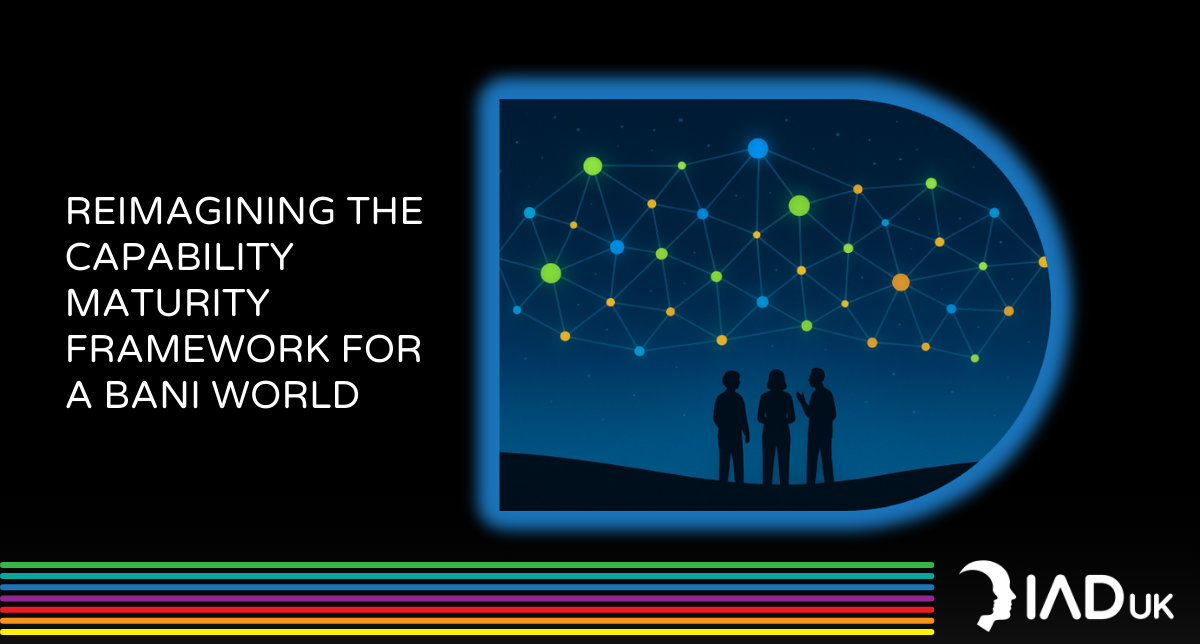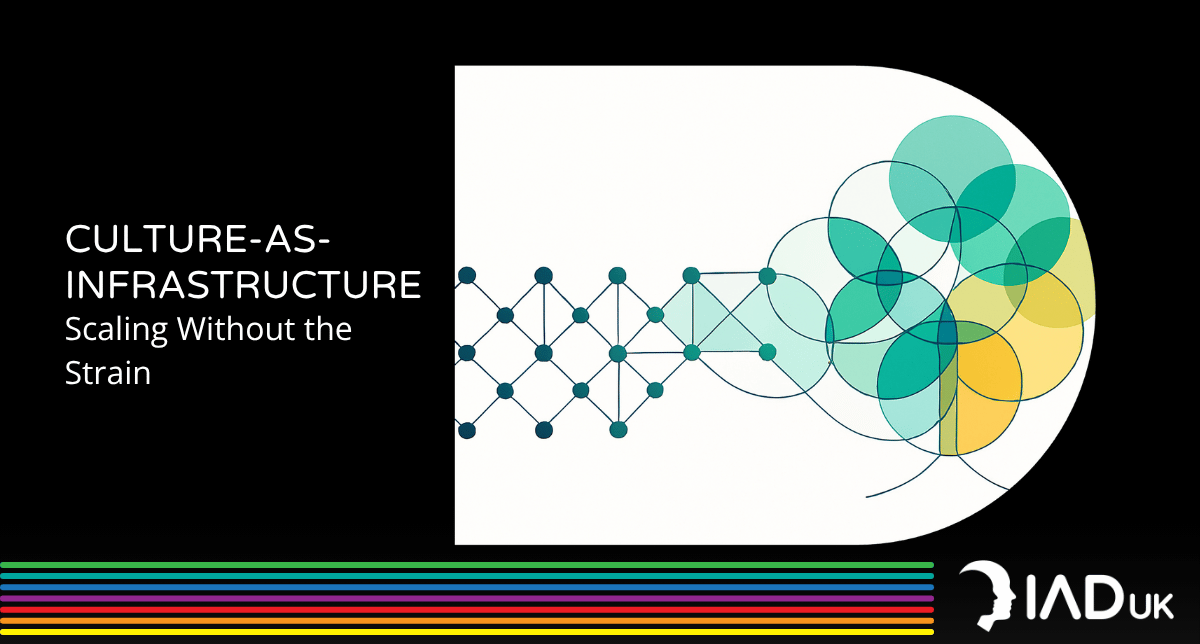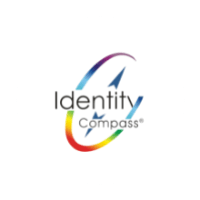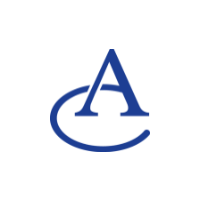The Year That Was: Reflecting on the year’s greatest lessons
Looking ahead to 2025
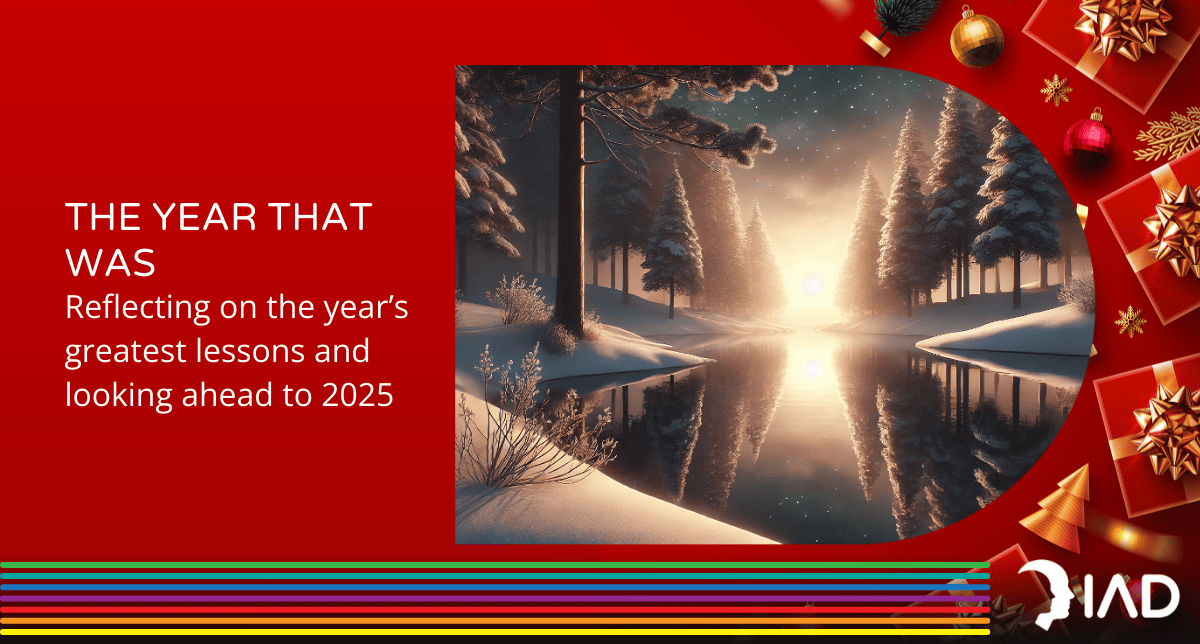
At this time of year, we invite you to join us in a collective pause—a moment to reflect on the journey we’ve traveled, both individually and as leaders shaping the future of Learning and Development (L&D). In the flurry of initiatives, adapting to complexity, and responding to rapid changes, it’s easy to lose sight of the bigger picture. Yet, it’s in these moments of quiet reflection that true growth begins.
2024 has been a year of contrasts for most of us: progress and setbacks, innovation and inertia, clarity and confusion. These experiences are rich with lessons, and offer more than just a record of what happened: they’re a map for what’s possible. Reflection can transform these moments into insights, helping us understand not just what we’ve achieved, but what it means for the future of our organisations and ourselves.
As the curtain draws on the year end, this article explores the lessons this year has offered, the power of reflection to turn those lessons into actionable strategies, and how they can guide us toward an even more impactful 2025. Let’s step back, not to retreat, but to gain perspective—because the most profound growth often starts with the quietest questions.
The greatest gift
The pace of modern organisations is relentless - even now I imagine you are pushing ahead with achieving Q4 objectives! In this environment, the act of pausing for reflection can feel counterintuitive—even indulgent. Yet, reflection is not a luxury; it’s a necessity. It is the bridge between experience and growth, allowing you to distill meaning from the busyness of your daily efforts and uncover the patterns that drive sustainable success.
This has likely been a year filled with strategic experimentation, leadership development initiatives, and efforts to keep pace with evolving organisational demands. Without reflection, these activities risk being remembered as isolated projects, disconnected from broader goals. With it, however, they become threads in a cohesive narrative—a story of adaptation, resilience, and progress.
Reflection sharpens awareness. It illuminates blind spots, surfaces hidden successes, and brings clarity to the decisions that need to be made. This practice echoes the essence of Dynamic Intelligence: becoming more aware of how we think, choosing more consciously, and responding with greater precision. By looking back with intention, L&D leaders create the space to move forward with clarity.
But reflection is more than a professional tool: it’s a gift we give to ourselves and our teams. In embracing it, we not only honour the work that’s been done but also set the stage for deeper connection and more impactful leadership. Indeed, our greatest insights about tomorrow often emerge from thoughtful consideration of today.
Lessons learned
Reflection is most powerful when it sheds light on the thinking hidden within our experiences. This year has been a testament to resilience and adaptation, offering challenges that have stretched us and opportunities that have sharpened our focus. Take a moment to consider: what has 2024 taught you about how you think about your work, your teams, and your organisation?
Perhaps this was a year of experimentation—introducing new leadership programs, trialing hybrid work models, or addressing inclusivity in meaningful ways. These initiatives may have revealed unexpected ways of thinking or highlighted areas where old thinking patterns no longer serve. Some may have felt like breakthroughs, while others might still feel like works in progress.
2024 has reminded us of the necessity to move beyond surface-level solutions. Traditional training and development efforts often focus on immediate skill gaps but struggle to address deeper systemic needs, such as cultivating adaptability or navigating complexity. These gaps can only be closed by embracing a developmental approach—one that goes beyond what people know and instead focuses on how they think and respond.
This is where Dynamic Intelligence becomes transformative. By increasing awareness of cognitive patterns and fostering deliberate choices, we create the capacity to see challenges from multiple perspectives. For example, instead of viewing leadership gaps as performance issues, what if they were reframed as opportunities for vertical growth?
As you reflect on 2024, consider the insights that surfaced from unexpected moments—whether successes or setbacks. How might they inform your approach for the year ahead? Remember, the value of reflection isn’t just in identifying lessons; it’s in turning them into meaningful action.
And so, as we look forward, the question isn’t just “what did (and didn’t!) we achieve?” but “what was the thinking that led to these successes and failures, and how will we grow from here?”
The bridge to future action
Reflection, when done thoughtfully, is the first step in creating meaningful change. Yet its power lies in what follows: translating those insights into deliberate, forward-looking action. As we step into 2025, the challenge is not simply to identify what worked or didn’t in 2024 but to understand the thinking behind those outcomes and use that awareness to shape a more effective approach for the future.
What would it look like to align your actions with the insights you’ve gained? Consider how the patterns of thinking you’ve uncovered through reflection might be influencing your team’s adaptability, decision-making, or capacity for innovation. Do those patterns support your organisation’s ability to navigate increasing complexity, or are they holding you back?
Dynamic Intelligence offers a framework for this kind of intentional growth. It equips us to become more conscious of our thinking, expand our repertoire of responses, and make deliberate choices that align with our goals. Imagine reframing a perceived failure from 2024—was it truly a misstep, or was it a signal that the systems or strategies you relied on need to evolve? What opportunities might open if you approached similar situations with a more nuanced perspective in 2025?
One way to bridge reflection and action is by setting goals that address not just what you want to achieve but how you will think and operate differently to achieve it. For example:
- Instead of focusing solely on delivering a new leadership program, commit to fostering a culture that values cognitive diversity and innovative thinking.
- Rather than chasing retention metrics, aim to align individual growth paths with organisational needs, creating a symbiotic relationship between personal and collective success.
As you begin to map your 2025 strategies, don’t just ask, “What do we need to do differently?” Ask, “How do we need to think differently to make that happen?” This is the bridge that transforms reflection into results—a deliberate process of growth that starts not with actions, but with the mindset that drives them.
A final thought on the power of reflection
As the year draws to a close, it’s easy to be swept up in the urgency of ticking off tasks, finalising projects, and preparing for the next big push. But I’d like to invite you to pause for a moment and ask yourself: what gift could reflection offer you right now?
Reflection is more than a professional exercise; it’s a profoundly human act. It’s a chance to honour the work you’ve done, the challenges you’ve faced, and the growth you’ve achieved—both seen and unseen. It’s also a way to give yourself the space and permission to ask deeper questions about what truly matters, not just for your organization, but for you as a leader and a person.
By taking the time to look back with intention, you’re not just preparing for a better year ahead—you’re setting the stage for a more thoughtful, meaningful, and impactful journey forward. And as you do, remember that reflection is not about perfection. It’s about progress. It’s about acknowledging the complexities you’ve navigated and embracing the opportunities they hold for transformation.
So, take this moment. Let reflection be your gift to yourself this season. What you uncover may just become the most valuable insight you carry into the year ahead.
If you'd like discuss how we can support your 2025 ambitions, then please get in touch.
Alternatively, why not download our comprehensive brochure - our gift to you!

